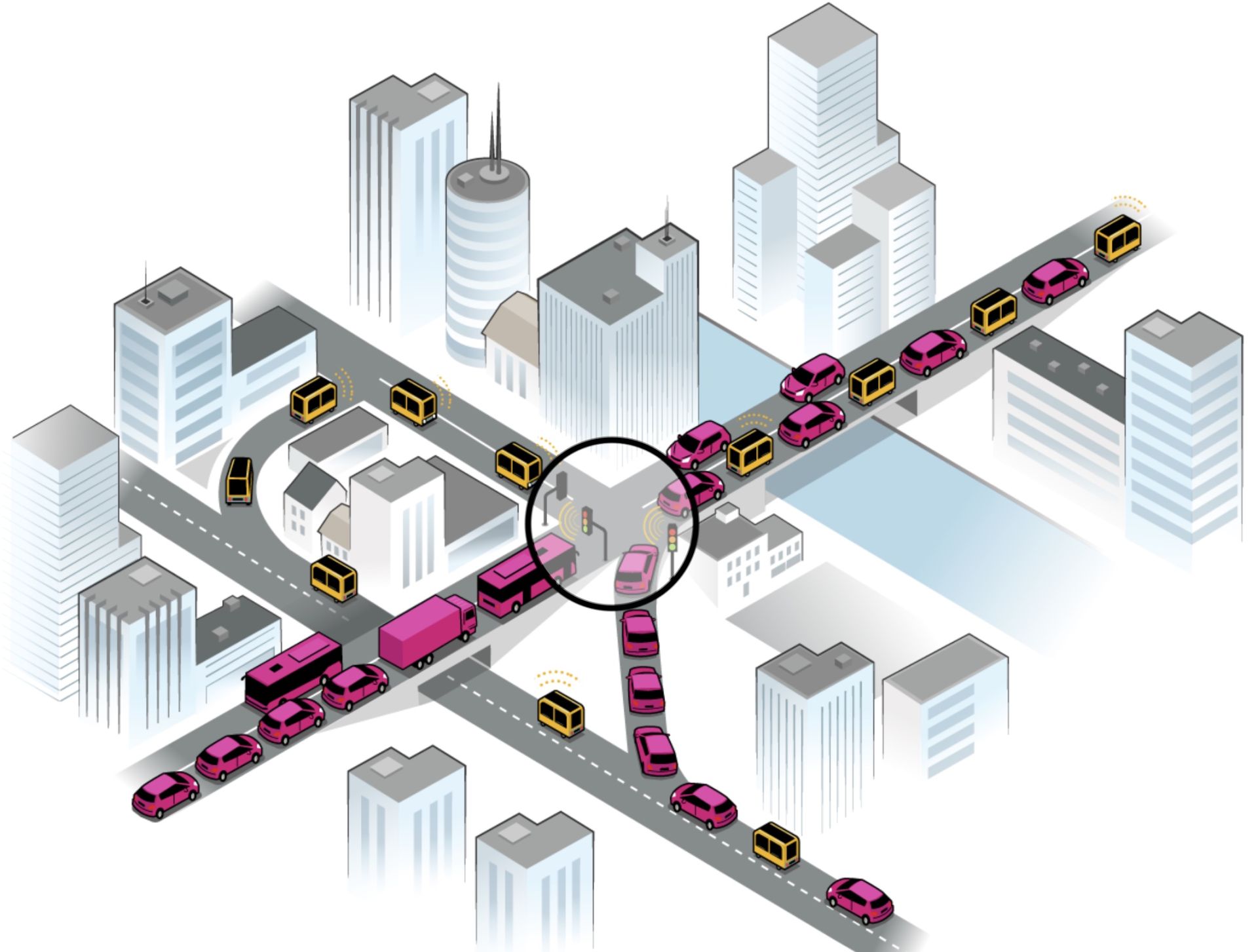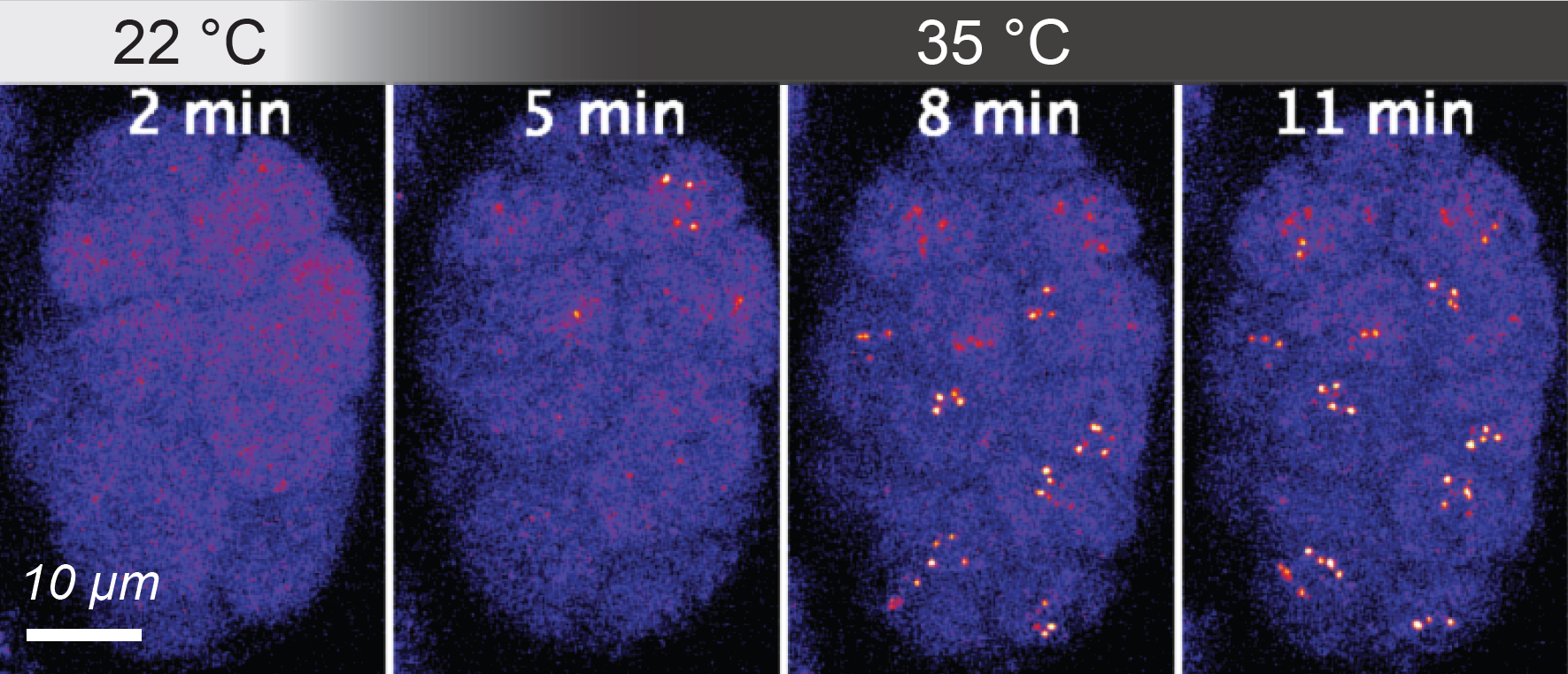The European Research Council has just published the winners of Starting Grants 2022. Four Poland-based researchers, who also head NCN-funded projects, will be able to start out on their research.
The winners of this round of Starting Grants include: Dr. hab Katharina Boguslawski and Dr. hab. Piotr Wcisło, from the Nicolaus Copernicus University in Toruń, Dr inż. Rafał Kucharski from the Jagiellonian University and Dr Adam Kłosin from the Marceli Nencki Institute of Experimental Biology, PAS. Grants were awarded to several Polish scientists working abroad. In total, the ERC will fund 408 projects.
The NCN Award and the StG in one year
Katharina Boguslawski and Piotr Wcisło both work at the Faculty of Physics, Astronomy and Applied Computer Science of the Nicolaus Copernicus University. Piotr Wcisło studies the simplest atomic and molecular systems, whose structure can be derived from the fundamental laws of quantum theory, and uses cutting-edge laser technologies to measure their properties with a high degree of precision. In October 2022, he won the NCN Award, the most prestigious distinction given out to young researchers in Poland, in recognition of his use of high-precision laser spectroscopy to test quantum theory and look for a new physics beyond the standard model.
The ERC now decided to fund his project, which aims to investigate the structure of a hydrogen molecule with a degree of precision thus far unheard of. Entitled “New Experimental Methods for Trapping Cold Molecular Hydrogen”, the project will be funded with 1.9 million euro over a period of 5 years. Molecular hydrogen is a very attractive object for study in fundamental physics, because it is the simplest molecule to be found anywhere in nature: it consists of just two protons and two electrons. Its properties can be very accurately calculated from quantum theory laws, but the molecule is difficult to measure experimentally on account of its very weak interactions with electromagnetic fields. “Nobody in the community is even talking of trapping molecular hydrogen. What our proposal shows is not only that there are no fundamental physical obstacles to doing so, but that we already know how to do it with the use of instruments such as, for instance, powerful lasers and superconducting coils”, the winner says.
Wcisło has served as a principal investigator in five NCN grants, some of which are still in progress. “The research group I have set up largely relies on NCN funding. If it wasn’t for the NCN, I would never be a researcher in Poland”, he says. He has won multiple awards and distinctions, completed a postdoctoral fellowship at the Institute for Laboratory Astrophysics, USA and a Fulbright fellowship at the Harvard-Smithsonian Center for Astrophysics.
Revolutionary computing models
Katharina Boguslawski is a quantum chemist, whose research combines chemistry, physics, mathematics and applied computer science. She focuses on developing innovative computing methods that will allow us to model the properties of large chemical molecules without the need for experiments. The ERC awarded her with a grant of more than 1.2 million euro for a project entitled “Devising Reliable Electronic Structure Schemes through Eclectic Design”. Boguslawski sets out to revolutionise the methodology of creating new materials with enhanced properties without increasing simulation computing costs. “I want to overhaul the computational paradigms that are currently employed in organic electronics to design more efficient photovoltaics, for instance”, she says. Some of her findings may find industrial applications. The project also aims to develop a black box computing tool, which can be used to model materials with the use of quantum chemistry.
Prof. Boguslawski graduated from her MSc and PhD programmes at the Swiss Federal Institute of Technology in Zürich, and went on to complete postdoctoral fellowships at the Swiss Federal Institute of Technology in Zürich and McMaster University in Canada. She has won many prestigious awards. The research that laid the groundwork for her ERC proposal took ten years. Boguslawski is also a principal investigator under NCN’s SONATA grant. “I proposed new mathematical models for the study of heavy elements, e.g. compounds found in radioactive waste from nuclear power plants”, the scientist explains and adds that carrying out an NCN grant was “the first step on her way to the ERC”. “That was my first experience as a principal investigator and research team leader. Having experience of this kind is very important for the ERC.”
Urban games with AI
Artificial intelligence (AI) is gradually outsmarting us in a variety of fields. It can already beat us at chess, or strategic and action games, and it has recently won a painting competition. AI enjoys an advantage because it has access to real-time data and computations that allow it to take faster and better decisions. Advanced algorithms are already used in education, medicine, defence, agriculture and building design. Rafał Kucharski will now try to determine what impact AI will have on urban mobility. Based at the Jagiellonian University, the transportation and machine learning expert won an ERC StG for his project “Playing Urban Mobility Games with Intelligent Machines. Framework to Discover and Mitigate Human-machine Conflicts”. “How cities work, where traffic jams form, which tram and bus lines are more crowded – all these depend on human interactions and decisions, such as when we leave the house, which route we take and by which means of transportation we travel. If these decisions are taken by AI machines or robots instead, they are likely to get an edge over us”, the scientist says. It may turn out that AI-equipped car owners will spend much less time stuck in traffic, while those without this technology will face greater costs, as scarce resources are used up by artificial intelligence. “In my project, I want to test whether this is indeed inevitable, explore how we can co-exist with machines and find a way to prevent negative scenarios”, Kucharski adds. The ERC awarded him 1.49 million euro in funding. The project will take five years to complete.
 Traffic, image Marcin Wierzchowski
Traffic, image Marcin Wierzchowski
Rafał Kucharski took an interest in transportation when studying and working at the Krakow University of Technology, “La Sapienza” University of Rome, KIT Karlsruhe, the Technical University of Delft and various tech companies. He has designed traffic prediction algorithms, which have already been used in places such as Beijing, Dusseldorf, Abu-Dhabi and Turin, as well as transportation models used for strategic urban development in Krakow and Warsaw. In Delft, he worked as a postdoctoral fellow in a project funded by the European Research Council. He is also a winner of an NCN OPUS grant, which is currently in progress at the Faculty of Mathematics and Computer Science of the Jagiellonian University and focuses on shared mobility during the pandemic. “The fact that I am currently conducting my own project and managing a research team of four was very well received by ERC reviewers”, Kucharski says.
A better insight into gene expression
Adam Kłosin is a cell biologist and geneticist studying the mechanisms of gene expression in eukaryotes. The purpose of his StG ERC project, entitled “The Spatial Organization of Gene Regulation in Embryonic Development”, is to study the processes that regulate the spatial organisation of gene expression during the embryonic development and stress response of the model organism, Caenorhabditis elegans. During embryonic development and stress response, transcription factors that regulate gene activity create local condensations in the cell nucleus. Research carried out over the last decade suggests that condensates of this kind form as a result of localised phase separation. Using high-resolution confocal microscopy, the project will investigate their properties, functions and regulation, and then develop new techniques for the study of interactions between transcription factors and genetic material found in the chromatin sampled from nematode cells. The project will contribute to a better understanding of the basic mechanisms of gene regulation during cell differentiation in normal development, as well as under conditions of environmental stress (e.g. at elevated temperatures).
 Condensates formed by transcription factor HSF-1 in nuclei of an early C. elegans embryo during heat stress, photo A. Kłosin
Condensates formed by transcription factor HSF-1 in nuclei of an early C. elegans embryo during heat stress, photo A. Kłosin
Adam Kłosin studied at universities in Perugia and Dresden, earned his PhD at the Centre for Genomic Regulation in Barcelona, and completed a post-doctoral fellowship at the Max Planck Institute of Molecular Biology and Genetics in Dresden. He is a winner of the “Polish Returns” programme, organised by the NAWA in 2022, within the framework of which he will carry out a research project funded by the NCN and entitled “Znaczenie wewnętrznie nieuporządkowanych domen białkowych w różnicowaniu komórek”/”The Role of Intrinsically Disordered Protein Domains in Cell Differentiation”.
Support from people and institutions
ERC 2022 winners emphasise that, throughout their application process, they were lucky to enjoy the support of many people and institutions, including their home universities, the Office of Excellence, PAS and KPK NCBR. They could discuss their proposals with specialists in their fields and, at the second stage of the call, took part in presentation delivery workshops and consultations with native speakers. “If you try to prepare an ERC proposal single-handedly, you are setting yourself up for failure, I think”, says Piotr Wcisło.
- Starting Grants are available to researchers within 2 to 7 years of their PhD defence, for projects of up to 5 years; the ERC supports innovative ideas in all disciplines of science.
- In total, this round of the call attracted 2932 calls; 408 of these won funding, for a success rate of c. 14%. Grant winners represent 46 nationalities and work in 26 different countries. Grants will also be carried out by six Polish researchers affiliated at foreign institutions.
- In previous rounds, the European Research Council awarded 37 Starting Grants to researchers working in Poland. With 10 grant winners, 2021 was the most successful year for Poland thus far.
